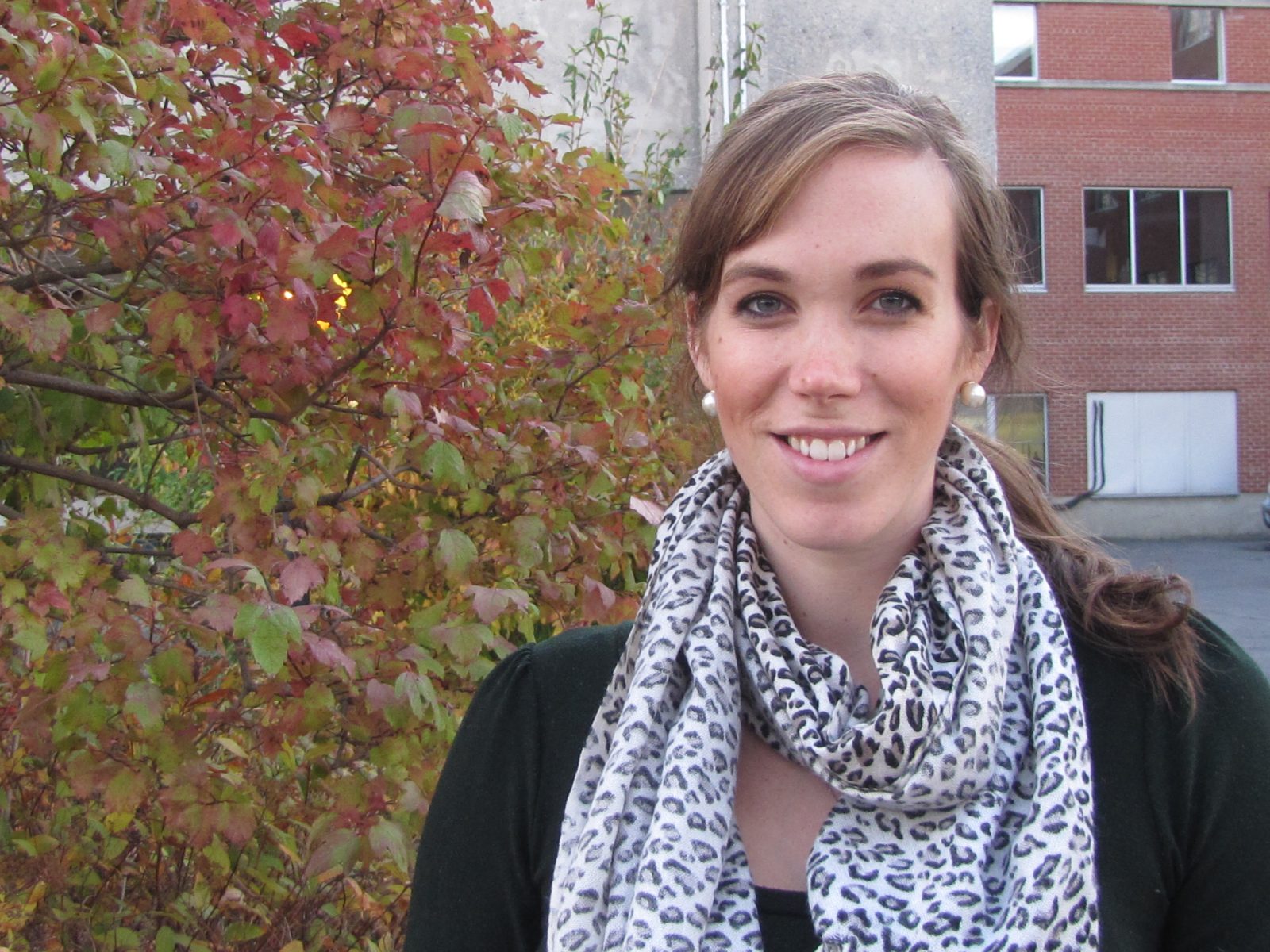We’ve all heard the pleas for a new MRI machine at the Cornwall Community Hospital.
The massive piece of medical hardware was delivered to the hospital a few weeks ago and is expected to be operational soon.
While for most of us it’s a chance to feel good about another asset being added to the hospital, the reality is – fortunately – many of us haven’t had the need to use such an item in an emergency.
But for a handful of Cornwall residents an MRI appointment can mean the difference between a life-and-death diagnosis. And the sooner those diagnoses can be made, the better.
Jenna McDonald and her new friend Julie St-Jean agree the machine is a lifesaver.
They have both endured the crippling effects of acromegaly, a long-term debilitating affliction in which there is too much growth hormone produced by the pituitary gland. Most often the gland is overactive because there is a tumour growing in the brain.
World famous wrestler Andre The Giant was a sufferer of acromegaly.
McDonald’s condition became prevalent at a young age, which caused her body to grow like a weed. She stands 6’5″.
“It’s the MRI machine that helps me with upkeep and shows whether or not my tumour is growing,” she said. It took two surgeries to remove most of the tumour.
St-Jean found herself in a similar situation, but she became afflicted with acromegaly when she was a little bit older. Instead of a sharp gain in height, her body’s tissues, inclding bones and organs, began to grow.
She was told by doctors, following a battery of tests, that she likely had a brain tumour. But it took four months before an MRI appointment could be secured to determine the specifics of her condition.
“I was a basket case,” she said. “It’s really hard to function after that while you are waiting.”
The women agree an MRI machine in Cornwall will not only lessen the burden on the health-care industry outside the city – in Ottawa and Kingston many patients are going to appointments in the middle of the night – but will also make life easier for families in the Seaway City.
“It’s kind of like the litmus test that separates the men from the boys in the medical world,” said McDonald, describing the difference between having such a machine in your city, and not having one. “I see it as indispensible.
“I just can’t imagine how streamlined my life will become.”
The high cost of fuel, coupled with lost wages when days are missed travelling outside the city to make MRI appointments, means families are due to save some money said Helen Dawkes-Brown, whose own family has endured more than a few visits to the hospital and MRI appointments.
She was diagnosed a few years ago with breast cancer and required MRI sessions as part of her recovery. On top of that, her daughters Emilie and Michelle have made repeated visits to the MRI clinic at the Children’s Hospital of Eastern Ontario. Emilie suffered a stroke three years ago at age 16 and required the sessions as part of a treatment regimen, while her sister has also undergone the scans to ensure she would not suffer from a similar condition.
And her husband Jim Brown has had MRIs completed while treating migraines.
All of this was done out of town – creating additional financial stresses that many local families cannot swallow.
“I know there are local families that wouldn’t be able to do this,” she said. “Overall, as a family…we see the benefit of having a machine in Cornwall.”
For more on the Cornwall Community Hospital Foundation’s campaign to bring both an MRI machine and a digital urology table to the city, check out www.cchfoundation.ca.



